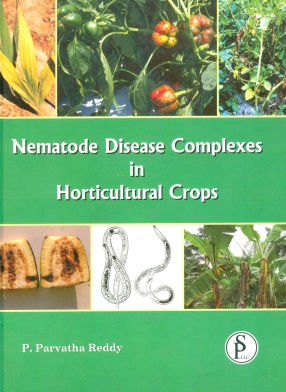
P Parvatha Reddy

Showing all 12 books
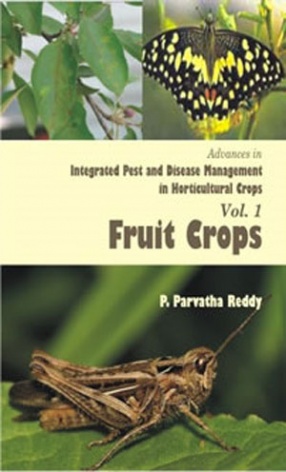
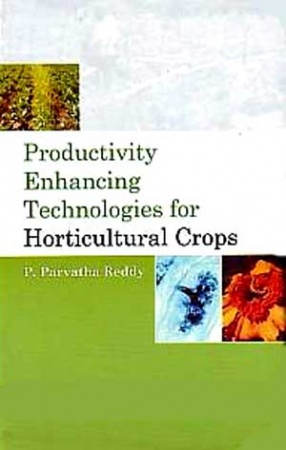

Plants are constantly exposed to numerous organisms, many of which are common components of the soil biosphere. It thus seems appropriate to consider interrelationships among such organisms and the ultimate effects of these complexes upon host plants. It is realistic to assume that because a host is infected by one pathogen its response to additional invaders will be altered. These alterations may have significant influence upon disease development within a ...
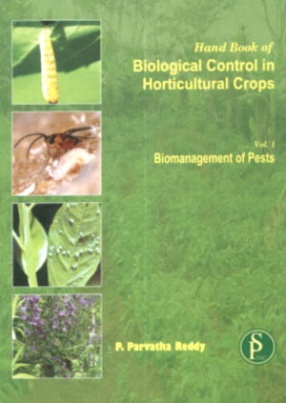
Horticulture in India is fast emerging as a major commercial venture, because of higher remuneration per unit area and the realization that consumption of fruits and vegetables is essential for health and nutrition. In the last one decade, export potential of horticultural crops has significantly increased attracting even multinationals into floriculture, processing and value added products.This book is a practical guide to practicing farmers of horticultural ...
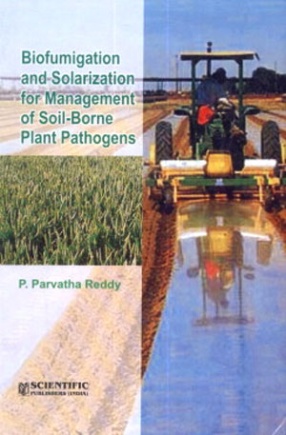
The information on biofumigation and solarization for the management of soil borne plant pathogens bacteria fungi, nematodes, insects and weeds in horticultural fruits vegetables plantation spice tuber ornamental medicinal and aromatic crops and other crops cotton wheat tobacco soybean sugar beet and sunflower is very much scattered. There is no book at present which comprehensively and exclusively deals with the above aspects on horticultural and other crops. ...

Vol. I: India is the second largest producer of fruits next only to China contributing 10.9% of the total world production. The present area (2005-06) under fruit crops is estimated to be about 5.510 million hectares with an estimated production of 58.740 million tonnes. India is the largest producer of mango, banana and papaya. In grapes, India has recorded the highest productivity per unit area (25.4 tonnes/ha) in the world. Fruits are amongst the most ...

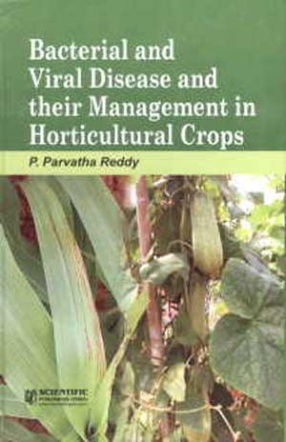
Horticulture in India is fast emerging as a major commercial venture, because of higher remuneration per unit area and the realization that consumption of fruits and vegetables is essential for health and nutrition. In the last one decade, export potential of horticultural crops also has significantly increased attracting even multinationals into floriculture, processing and value added products.Productivity of horticultural crops in India is relatively low as ...
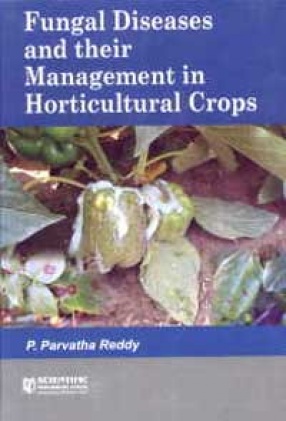
Horticulture in India is fast emerging as a major commercial venture, because of higher remuneration per unit area and the realization that consumption of fruits and vegetables is essential for health and nutrition. In the last one decade, export potential of horticultural crops has also significantly increased attracting even multinationals into floriculture, processing and value added products.Productivity of horticultural crops in India is relatively low as ...
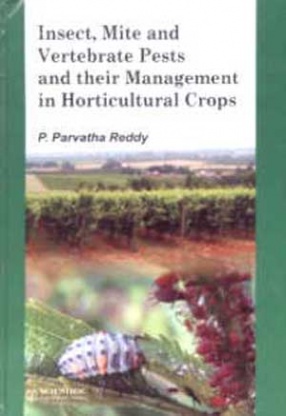
Horticulture in India is fast emerging as a major commercial venture, because of higher remuneration per unit area and the realization that consumption of fruits and vegetables is essential for health and nutrition. In the last one decade, export potential of horticultural crops has significantly increased attracting even multinationals into floriculture, processing and value added products.Productivity of horticultural crops in India is relatively low compared ...


Horticulture is fast emerging as a major commercial venture, because of higher remuneration per unit area and the realization that consumption of fruits and vegetables is essential for health and nutrition. In the last one decade, export potential of horticultural crops has significantly increased attracting even multinationals into floriculture, processing and value added products. Since the horticultural produce especially fruits and vegetables are consumed ...
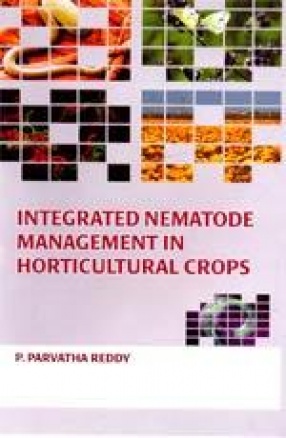
Nematodes continue to threaten horticultural crops throughout the world, particularly in tropical and sub-tropical regions. Estimated overall average annual yield loss of the world’s major horticultural crops due to damage by plant parasitic nematodes is 13054%. Monetary losses due to nematodes on 10 horticultural corps, six of which are life sustaining were estimated at US $ 19.37 billion annually based on 1984 production figures and prices. ...
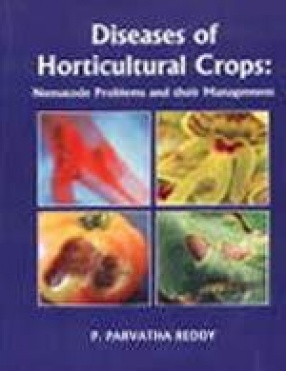
Nematodes continue to threaten horticultural crops throughout the world, particularly in tropical and sub-tropical regions. Estimated overall average annual yield loss of the world's major horticultural crops due to damage by plant parasitic nematodes is 13.54%. Monetary losses due to nematodes on 10 horticultural crops, six of which are life sustaining were estimated at US$ 19.37 billion annually based on 1984 production figures and prices. These deleterious ...
